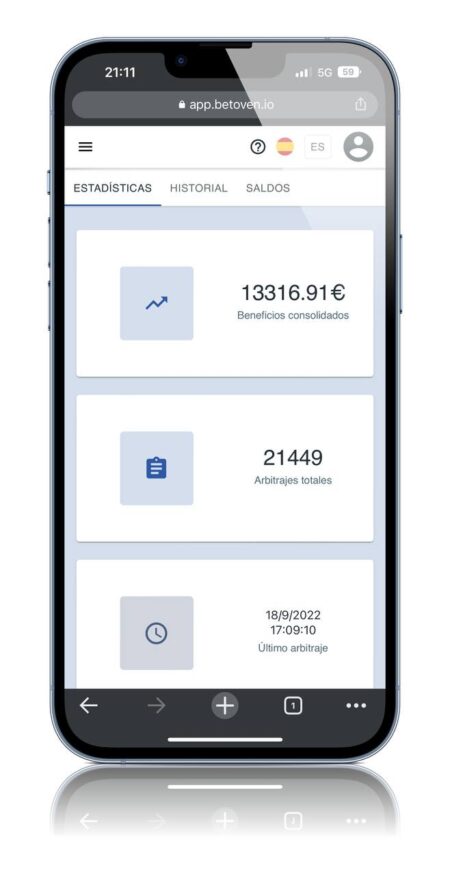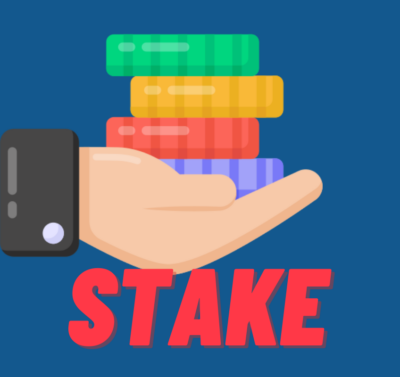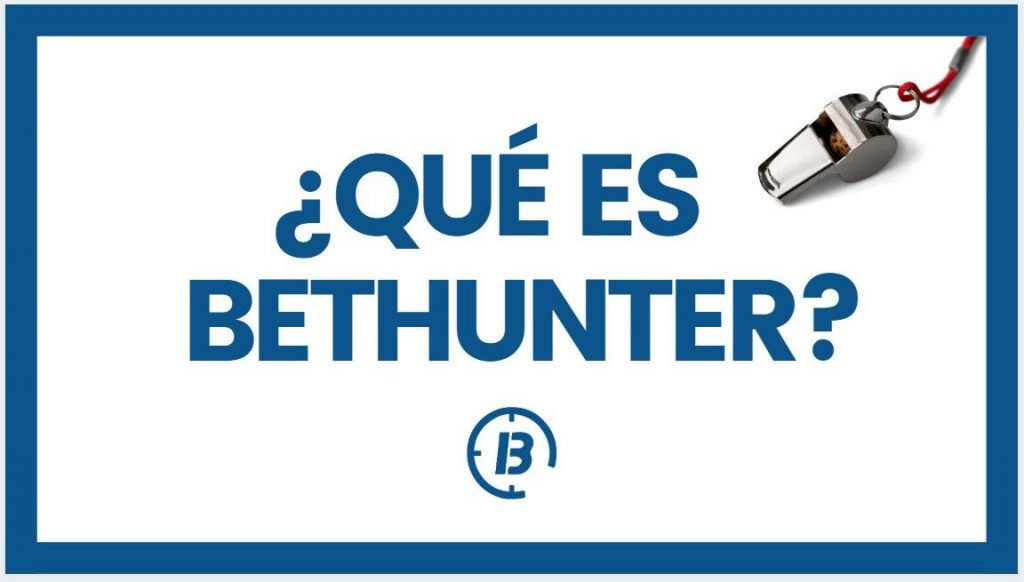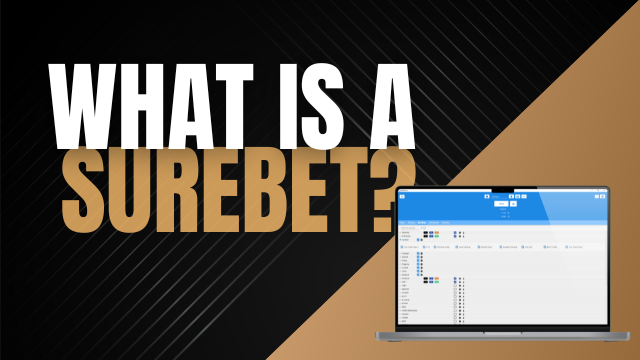Stake in betting is defined as the confidence you have in a bet. The term stake is used a lot when we work with tipsters, as they do not say how much money they invest in each of the bets, but they give us a value of confidence in each of them.
When we talk about stake we use the term as a percentage, so when we talk about stake 1, we are talking about 1% of your total bankroll.
The stake is also related to the value of the bet, a high value bet will have a higher stake than a lower value bet.
Índice de Contenidos
ToggleWhat is bankroll?
If you don’t know what your bankroll is, I’ll explain it quickly: it’s basically the amount of money you have set aside for sports betting.
At BetHunter we always recommend that your bankroll is made up of money you can afford to lose.
How is the stake quantified?
Stake ranges from 1 to 10, as it is not recommended to bet more than 10% of your bankroll per bet.
In other words, if our bankroll is €100, a stake 1 bet will be a €1 bet and a stake 10 bet will be a €10 bet.
I recommend that you keep this value in mind especially when you make valuebets, as the volatility is higher and you will not like to run out of money at bookmakers. In the case of surebets we can increase this percentage, as the risk in most cases is covered.

Stake and tipsters
When you hire a tipster, he will always give you a stake related to that bet, so that you can know the risk or the confidence the tipster puts in that bet.
As you can see, it is a way of establishing the tipster’s certainty of getting the bet right, and it is also a measure of the amount of money (the percentage of your bankroll) that you must bet if you want to follow his strategy.
Why use stake instead of amount of money?
Mainly because it does not depend on the amount of bankroll you have available. Es decir, tu stake será el mismo independientemente del dinero que tengas disponible para hacer apuestas. Whereas, if we are talking about money wagered, we are not taking into account how much money we have available to place bets.
You don’t have the same money as the rest of the bettors and tipsters, so if you were given a certain amount of money to bet, you wouldn’t take the same risk as the rest. It is about having a unit of measurement of risk and the amount of money to bet proportional to the amount of money you have.
It is not the same to bet £20 if you have £200 (10% of the total available) as it is to bet £20 if you have £40 (50% of the total available).
As you can see the amount of money to bet is the same but the risk and the bankroll percentage have nothing to do with each other.
If we wanted to work with the same stake in the second case, we would have to bet €4.
Can the same bet have different stakes?
Of course. Think of the stake as a trust value o risk of a bet. However, this confidence is largely subjective. Each person has his or her confidence in a particular bet, and should apply a different stake.

Try BetOven
25 pounds FREE in bookmaker winnings
✅100% Automated Surebets
✅ 100% Automated Valuebets
Stake types
Stake Flat
When you decide to bet the same amount or percentage of your bankroll on each of the bets. On the understanding that you have the same confidence in each of these bets placed.
Variable Stake
When you decide to bet different amounts of money or percentage of your bankroll on each of the bets placed, depending on your confidence.
Stake in Surebets
When we make surebets or sports arbitrage, we can use both types of stake. Applying higher stakes when we understand that the risk of losing a singlebet is lower.
In the case of BetOven we can also do the same:
In a first simple configuration we would be working with a flat stake. We would set the maximum investment per surebet we wish to make and a minimum investment per bet.
If we apply a % deviation from the maximum, we would be setting a variable stake. However, in this case, it will not depend on the probability of winning, or the value of the surebet.
If, on the contrary, we apply a quota filter in which we limit the stakes, we will be having a variable stake depending on the probability of winning that bet, that is, depending on its quota.







